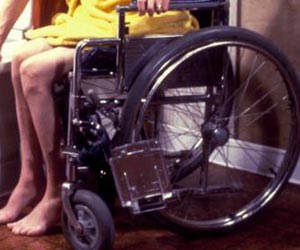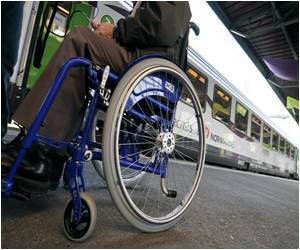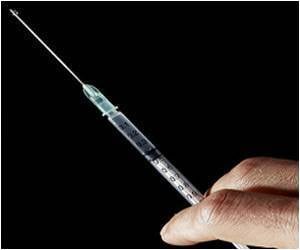
The findings were based on a study of almost 300 children in second through fourth grade who were observed over the course of a school year. Engagement was measured by on-task behaviors such as answering a question, raising a hand or participating in active discussion and off-task behaviors like talking out of turn.
Standing desks, also known as stand-biased desks, are raised desks that have stools nearby, enabling students to sit or stand during class at their discretion.
Researcher Mark Benden, who is an ergonomic engineer by trade, originally became interested in the desks as a means to reduce childhood obesity and relieve stress on spinal structures that may occur with traditional desks.
Lessons learned from his research in this area led to creation of Stand2Learn, an offshoot company of a faculty-led startup that manufactures a classroom version of the stand-biased desk.
The study is published in the International Journal of Health Promotion and Education.
Advertisement









